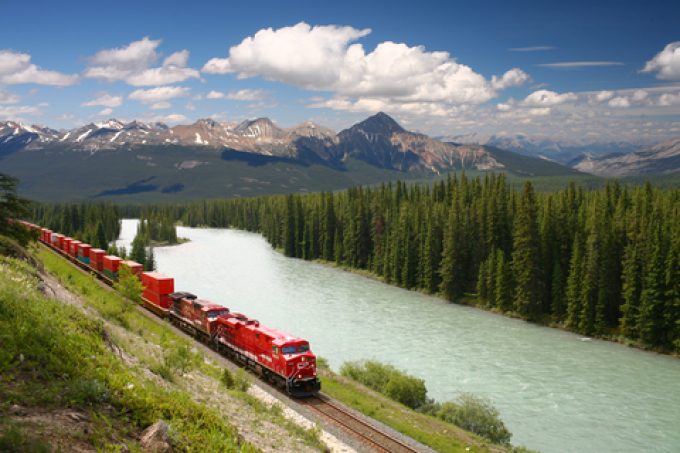Carriers warn of cargo disruption due to strikes at Munich Airport
Lufthansa Cargo (LC) has warned customers that strikes tomorrow and Friday at Munich Airport (MUC) ...

Final submissions to the Canada Industrial Relations Board (CIRB) reveal neither rail companies nor union believe “essential services” will be disrupted by a strike, which could pave the way for action.
On 14 June, the CIRB took final submissions from Canadian National (CN), Canadian Pacific Kansas City (CPKC), the Teamsters Canada Rail Conference (TCRC) and other affected organisations, to make a final decision on whether a strike should be allowed to go ahead.
In the submission documents, shared with The Loadstar, both ...
'Disastrous' DSV-Schenker merger would 'disrupt European haulage market'
'Chaos after chaos' coming from de minimis changes and more tariffs
List of blanked transpac sailings grows as trade war heats up and demand cools
Shippers in Asia restart ocean shipment bookings – but not from China
India withdraws access for Bangladesh transhipments, in 'very harmful' decision
'Tariff hell' leaves industries in limbo – 'not a great environment to plan'
Asian exporters scramble for ships and boxes to beat 90-day tariff pause
Temporary tariff relief brings on early transpacific peak season
Pre-tariff rush of goods from US to China sees air rates soar, but not for long
De minimis-induced ecommerce demand slump could cripple freighter operators
Forwarders 'allowing the fox into the chicken run' by supporting 'hungry' carriers
Volumes set to 'fall off a cliff' as US firms hit the brakes on sourcing and bookings
Hapag 'took the bigger risk' when it signed up to Gemini, says Maersk
'Restoring America's maritime dominance' – stop laughing at the back of the class
Navigating tariffs: 'like trying to solve a Rubik's cube while colour-blind'

Comment on this article